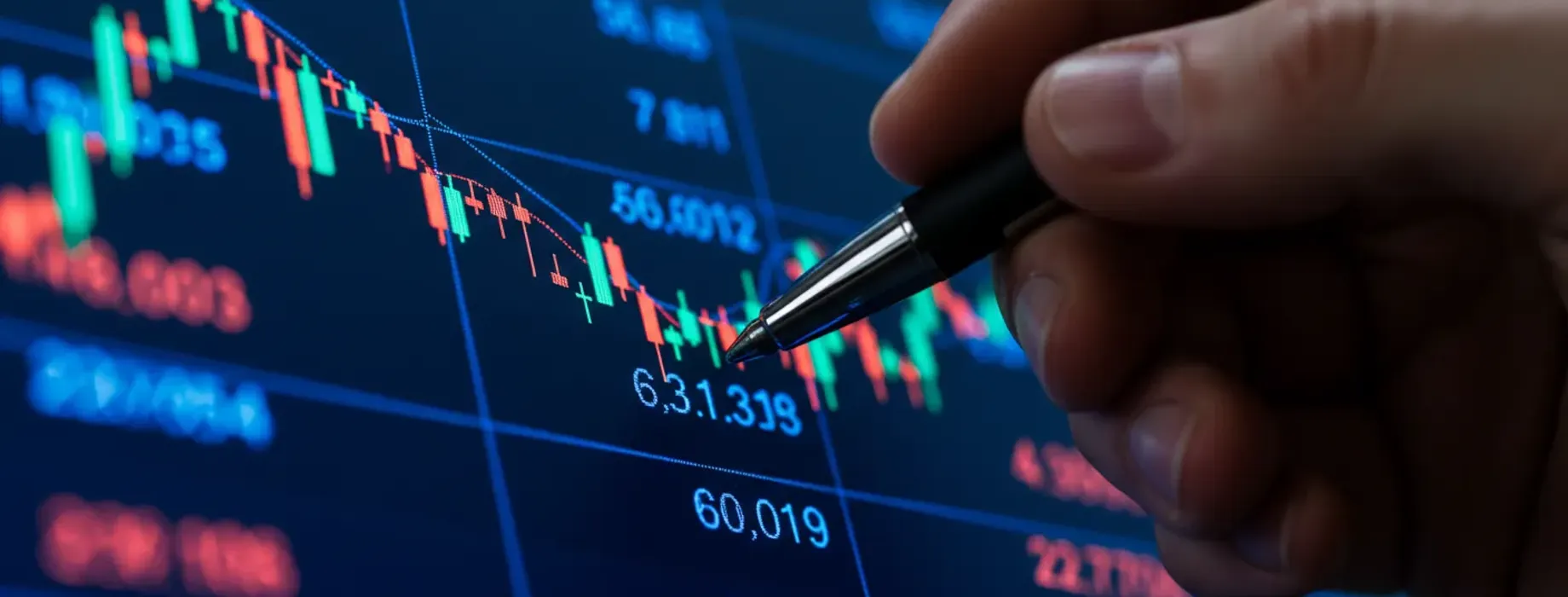- Reduced transaction costs
- Minimized market impact
- Improved execution efficiency
- Better price consistency
Essential Aspects of InvestPro

Understanding cross trades and their role in financial markets is crucial for modern investors and traders. Cross trades, which involve matching buy and sell orders for the same security in different client accounts, represent a significant aspect of institutional trading practices.
The meaning of cross trades extends beyond simple transactions, encompassing complex regulatory requirements and market mechanics. Financial institutions must carefully navigate these waters to ensure compliance and optimal execution for their clients.
| Cross Trade Component | Description | Impact |
|---|---|---|
| Price Discovery | Market-based pricing mechanism | Ensures fair valuation |
| Trade Execution | Internal matching process | Reduces market impact |
| Regulatory Oversight | Compliance requirements | Maintains market integrity |
What do cross trades mean for market participants? It offers several advantages when executed correctly:
| Benefit Category | Specific Advantages |
|---|---|
| Cost Efficiency | Lower brokerage fees, reduced spread costs |
| Execution Quality | Faster settlement, reduced slippage |
| Risk Management | Better control over price movements |
The definition of cross trades encompasses specific requirements and restrictions:
- Independent pricing mechanisms
- Clear documentation procedures
- Regular compliance reviews
| Compliance Aspect | Requirement | Purpose |
|---|---|---|
| Documentation | Detailed record-keeping | Maintaining audit trail |
| Price Verification | Market-based validation | Ensures fair execution |
| Client Disclosure | Transparent communication | Informed consent |
Understanding the implications of cross trades requires careful consideration of market conditions and regulatory requirements. Market participants must maintain proper documentation and ensure fair pricing mechanisms are in place.
| Market Condition | Impact on Cross Trades |
|---|---|
| High Volatility | Greater scrutiny required |
| Low Liquidity | Enhanced price verification needed |
| Normal Market | Standard procedures apply |
Conclusion: Cross trades represent a sophisticated market mechanism that requires careful attention to regulatory compliance and fair execution practices. Success in this area demands a deep understanding of market dynamics and robust operational procedures.
FAQ
What are the main benefits of cross trading?
Cross trades reduce transaction costs, minimize market impact, and improve execution efficiency while maintaining price consistency in customer accounts.
How is a fair price ensured in cross trades?
The fair price is maintained through independent price verification mechanisms, market-based validation, and regulatory oversight.
What documentation is required for cross trades?
Detailed records of trade execution, price verification, client consent, and compliance reviews must be maintained.
Are there specific restrictions on cross trades?
Yes, cross trades must comply with regulatory requirements, including price verification, client disclosure, and proper documentation.
How does market volatility affect cross trades?
Market volatility requires greater scrutiny of pricing mechanisms and may need additional verification steps to ensure fair execution.